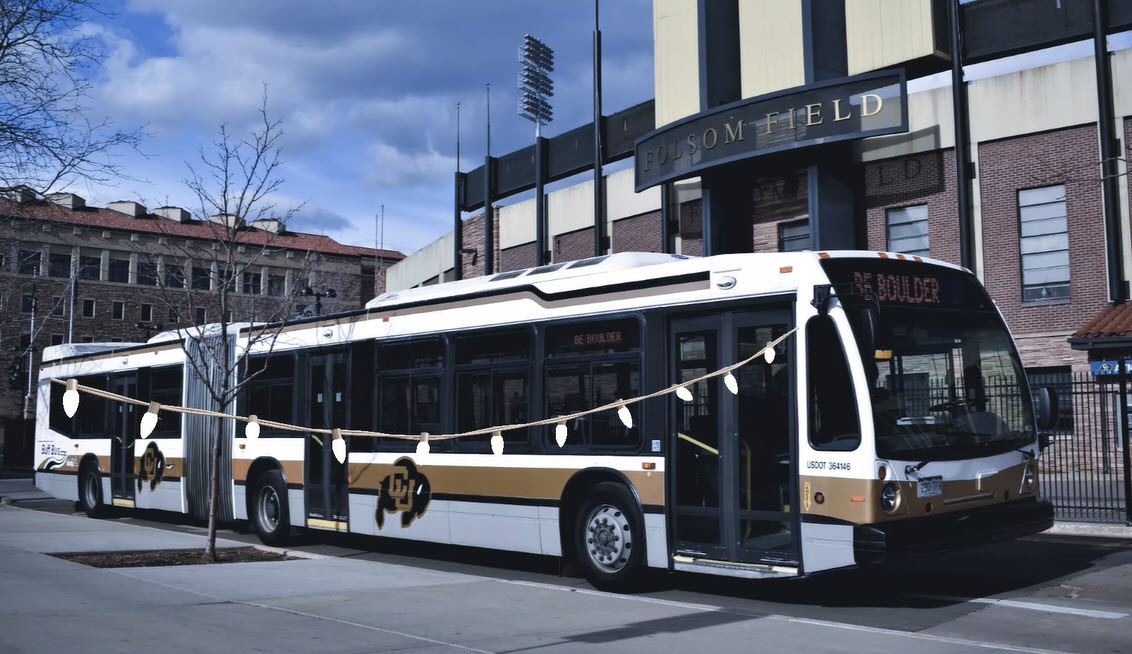Undergraduate research position available with Institute for Student-AI Teaming
The NSF Institute for Student-AI Teaming (iSAT) is seeking a motivated and detail-oriented undergraduate student to join our research team as a research assistant. This position offers hands-on experience in data handling and processing, behavioral data annotation and participant-facing research.
Location: Hybrid
Hours per week: 15–20
Compensation: $20/hour
Appointment details: Applications will be reviewed on a rolling basis until filled
Start date: Spring 2026
Key responsibilities
- Entry, curation and/or annotation of research data
- Maintain orderly digital records and follow study protocols and data-handling procedures
- Communicate effectively with research staff and supervisors
- Attend scheduled team meetings and complete required trainings for human subjects
- research
- Support the distribution of recruitment materials across campus and digital channels (if needed)
Required qualifications
- Current undergraduate student majoring in psychology or a related field (e.g.,
- neuroscience, cognitive science)
- Strong organizational skills and attention to detail
- Ability to maintain confidentiality and follow ethical guidelines when working with human
- subjects
- Reliable, professional communication skills
- Completed CITI human subjects training (can be done after hiring)
Desired qualifications
- Prior experience with research, especially involving human participants
- Familiarity with data entry or data management tools (e.g., Excel, Google Sheets)
- Experience with behavioral coding or data annotation



